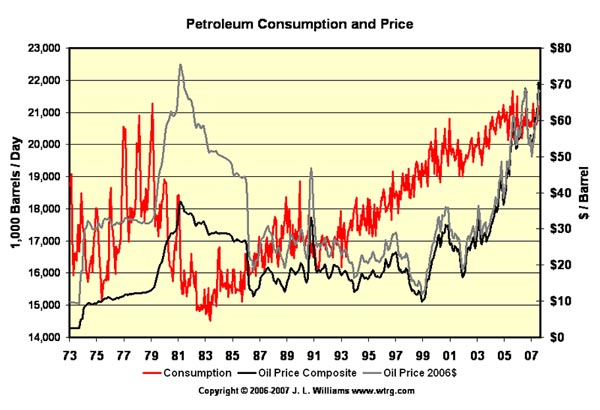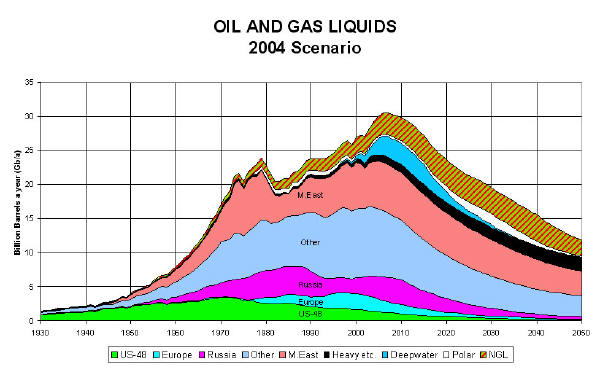Energy policy of Russia
| Вид материала | Документы |
СодержаниеEnergy disputes |
- For over 50 years the Common Agricultural Policy (cap) has been a cornerstone, 4557.46kb.
- T. Henry Moray makes some final adjustments in tuning his radiant energy device, 175.77kb.
- Energy conservation. Informing of consumers about energy efficiency of equipment, 370.57kb.
- Japan International Medical Symposium, Irkutsk, Russia, September 3 1996. P. 78 Поспелов, 18.5kb.
- Dollar Thrifty Russia объявляет победителя в конкурс, 41.59kb.
- Printing Solutions Russia, 1с-битрикс, Ледас 10: 30-12: 00 Торжественное вручение диплом, 135.34kb.
- Премия «Читай Россию/Read Russia» за лучший перевод произведений русской литературы, 18.04kb.
- Новые автомобили Fiat Albea в компании Dollar Thrifty Russia!, 88.3kb.
- Тской models to model of mutual responsibility in an education sphere, to strengthening, 945.89kb.
- Данный Policy Brief подготовлен Кесилиш Club’ом при участии Клуба либеральной молодежи, 86.31kb.
 The Energy policy of Russia is contained in an Energy Strategy document, which sets out policy for the period up to 2020. In 2000 the Russian government approved the main provisions of the Russian energy strategy to 2020, and in 2003 the new Russian energy strategy was confirmed by the government. The Energy Strategy document outlines several main priorities: an increase in ссылка скрыта, reducing impact on the ссылка скрыта, ссылка скрыта, ссылка скрыта and technological development, as well as improved effectiveness and competitiveness.
The Energy policy of Russia is contained in an Energy Strategy document, which sets out policy for the period up to 2020. In 2000 the Russian government approved the main provisions of the Russian energy strategy to 2020, and in 2003 the new Russian energy strategy was confirmed by the government. The Energy Strategy document outlines several main priorities: an increase in ссылка скрыта, reducing impact on the ссылка скрыта, ссылка скрыта, ссылка скрыта and technological development, as well as improved effectiveness and competitiveness.ссылка скрыта, one of the world's two ссылка скрыта, is rich in natural energy resources. It has the largest known ссылка скрыта reserves of any state on earth, along with the second largest ссылка скрыта reserves, and the eighth largest ссылка скрыта reserves. Russia is the world's fourth largest electricity producer after the USA, China, and ссылка скрыта. Russia exports 70% of oil produced, about 7 million of 10.12 million barrels a day (2010), the largest net oil export of any country, as well as a major supply to the ссылка скрыта The entire Middle East, in comparison, exports 20 million barrels daily.
ссылка скрыта is largely undeveloped although there is considerable potential for ссылка скрыта use. ссылка скрыта, which is used for heating and electricity production in some regions of the ссылка скрыта and the ссылка скрыта, is the most developed renewable energy source in Russia.
On July 2008 Russia's president signed a law allowing the government to allocate strategic oil and gas deposits on the ссылка скрыта without an ссылка скрыта procedure. On February 17, 2011, Russia signed a deal with China, stating that in return for $25 billion in Chinese loans to Russian oil companies, Russia will supply China with large quantities of crude oil via new pipelines for the next 20 years (ссылка скрыта).
The idea of a Russian national energy policy was approved by the ссылка скрыта in 1992. At the same time government decided to develop the Energy Strategy of Russia.[2] For this purpose the Interagency Commission was established.
In December 1994, the Energy Strategy of Russia (Major Provisions) was approved by the ссылка скрыта, followed by the ссылка скрыта from 7 May 1995 confirming the first post-ссылка скрыта Russian energy strategy On the Main Directions of Energy Policy and Restructuring of the Fuel and Energy Industry of the Russian Federation for the Period up to the Year 2010, and the governmental decision from the 13 October 1995 approving the Main provisions for the Energy Strategy of the Russian Federation.
The strategy was changed under the presidency of ссылка скрыта. On 23 November 2000, the Russian government approved main provisions of the Russian energy strategy to 2020. On 28 May 2002, the ссылка скрыта gave an elaboration on the main provisions. Based on these documents, the new Russian energy strategy up to 2020 was approved on 23 May 2003 and confirmed by the government on 28 August 2003.
The main objective of Russian energy strategy is defined to be the determination of ways of reaching a better quality of fuel and energy mix and enhancing the competitive ability of Russian energy production and services in the world market. For this purpose the long-term energy policy should concentrate on energy safety, energy effectiveness, budget effectiveness and ecological energy security.
The energy strategy document defines the main priority of Russian energy strategy as an increase in ссылка скрыта (meaning decreasing of ссылка скрыта in production and energy supply expenditures), reducing impact on the ссылка скрыта, ссылка скрыта, ссылка скрыта and technological development, as well as an improvement of effectiveness and competitiveness.
Energy disputes
Russia has recently been accused in the West (i.e. Europe and the ссылка скрыта) of using its natural resources as a policy tool to be wielded against offending states like ссылка скрыта, ссылка скрыта, and other states it perceives as hindrances to its power. According to one estimate, since 1991 there were more than 55 energy incidents, of which more than 30 had political underpinnings. Only 11 incidents had no political connections. On the other hand, Russian officials like to remind their Western partners that even at the height of the ссылка скрыта the Soviet Union never disrupted energy supplies to the West.
Russia, in turn, accuses the West of applying double-standards relating to market principles, pointing out that it has been supplying gas to the states in question at prices that were significantly below world market levels, and in some cases remain so even after the increases. Russia argues that it is not obligated to effectively ссылка скрыта the economies of post-Soviet states by offering them resources at below-market prices.
swhite.com/explore-the-world/russia.aspx#recent
ссылка скрыта. ссылка скрыта. 2007-01-12. Archived from ссылка скрыта on 2007-05-18. Retrieved 2007-05-19.


